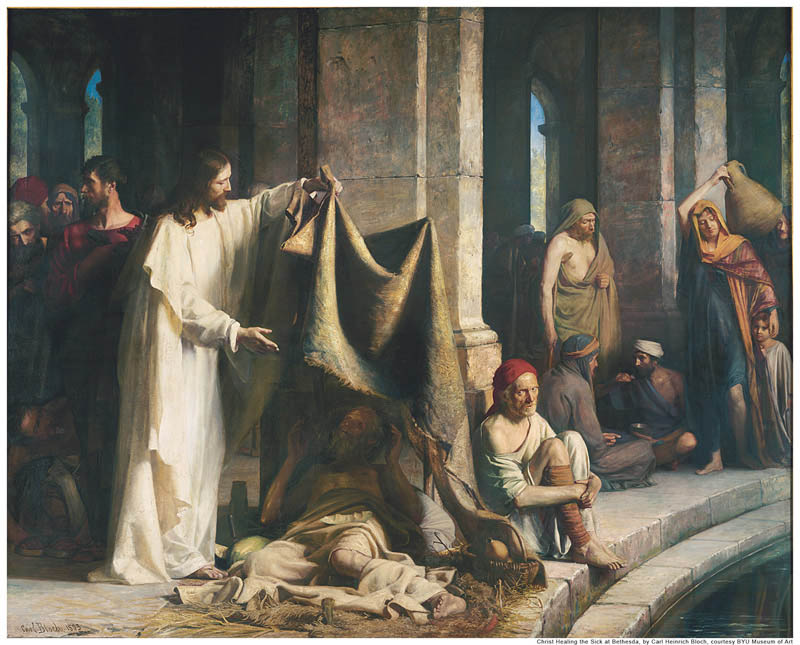Proverbs 31:9 Open thy mouth, , and plead the cause of the poor and needy.
The Bible devotes a great deal of time to teaching us our responsibility toward the poor. There are those who read the scripture that says the poor will always be with us, and feel that means God wants us to have poor people and therefore they have no responsibility toward them. Such an attitude, however, requires us to ignore large portions of the Bible.
 The scripture above tells us to judge the poor righteously. It’s not our place to decide if their poverty is their own fault. This is God’s job. Ours is to reach out and help in whatever way we’re able. Let’s look at the Bible to see what else it tells us about poverty.
The scripture above tells us to judge the poor righteously. It’s not our place to decide if their poverty is their own fault. This is God’s job. Ours is to reach out and help in whatever way we’re able. Let’s look at the Bible to see what else it tells us about poverty.
The book of Proverbs seems especially fond of talking about poverty.
Whoso stoppeth his ears at the cry of the poor, he also shall cry himself, but shall not be heard. (Proverbs 21:13)
He that oppresseth the poor to increase his riches, and he that giveth to the rich, shall surely come to want. (Proverbs 22:16)
This would seem to be a warning to business owners and government on the responsibility of those in power. If a business owner is keeping his employees poor not because he can’t afford to pay more, but because he wants a mansion and a limo, it would seem that God will even things out in the end.
The Savior, in the New Testament, often spoke of the need to care for the poor. His teachings left no doubt that we are responsible for those in need, and that we should serve them out of love.
The Mormons have several programs that work to meet this charge. One is a program designed to help its own members. By caring for their own, they prevent community programs from having to care for those people, and therefore leave more resources for those who don’t have a church that can help. One program gains its funds from a monthly fast. Each member who is able to do so goes without food or drink for twenty-four hours. Members then donate the cost of the two missed meals or more to a special fund, called fast offerings. This money is used to provide food, help with utilities and other needs for those in the congregation who are struggling. Those who need temporary help have helped others in the past, creating a revolving fund of sorts. In addition, those who receive are asked to help out if they’re able—assisting at the storehouse where they receive food, or taking on other church assignments. Although the amount of service they give will not likely equal what they receive, it allows recipients to maintain their self-respect by earning what they’ve received.
Another program assists people of all faiths. This is the Humanitarian Services Program and it reaches out to people world-wide. You often read of them arriving during major crises, such as Katrina, with food, water, cleaning kits and personal hygiene supplies. They also work in a variety of areas, including developing clean water resources in developing nations, providing wheelchairs, and helping with vaccine efforts. They participate in smaller projects in the United States, often through the efforts of local congregations.
To learn more about humanitarian relief services, visit Humanitarian Services.
About Terrie Lynn Bittner
The late Terrie Lynn Bittner—beloved wife, mother, grandmother, and friend—was the author of two homeschooling books and numerous articles, including several that appeared in Latter-day Saint magazines. She became a member of the Church at the age of 17 and began sharing her faith online in 1992.





